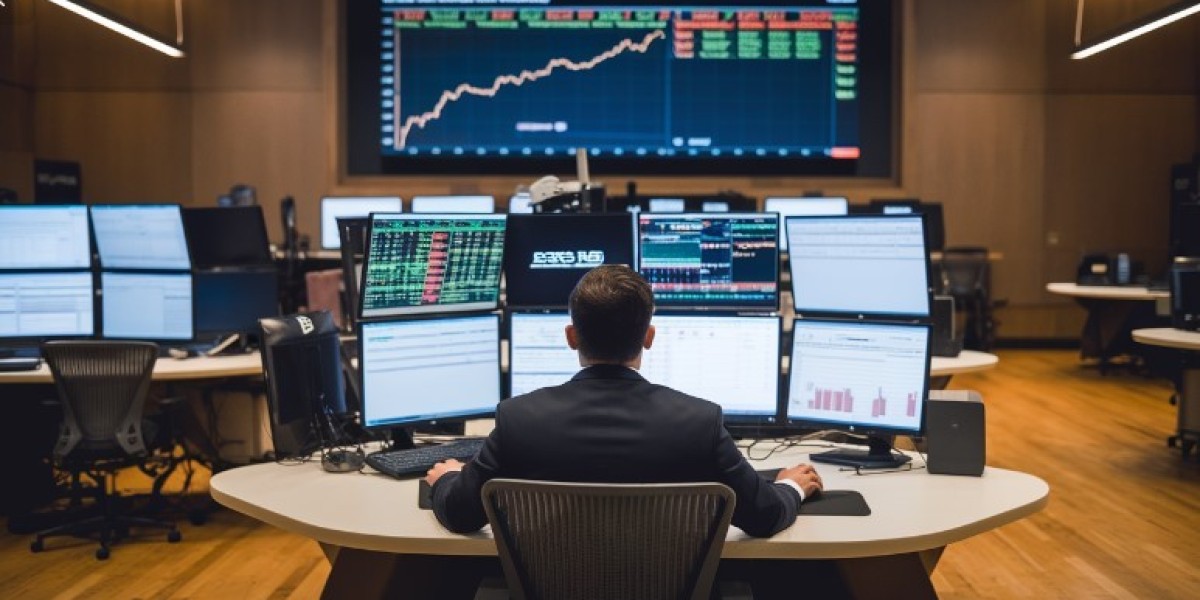When it comes to trading currencies, you have two main paths: Currency Futures vs Spot Forex (OTC).
But before risking real money, paper trading is the smartest way to learn the differences, test strategies, and build confidence.
In this comprehensive guide, we’ll explore:
- How paper trading works for both markets
- Key differences between currency futures vs spot forex
- Best platforms for risk-free practice
- Real-world examples and pro tips
By the end, you’ll know exactly how to learn before you earn—and avoid costly beginner mistakes.
✅ Why Paper Trading Is Essential
Most new traders jump into live trading and blow up within weeks.
Paper trading eliminates this risk by letting you:
- Practice with real-time data
- Test entries and risk management
- Learn platform tools
- Build a track record
✅ Rule: Trade 50+ paper trades before going live.
✅ Currency Futures vs Spot Forex: Key Differences
✅ Best Platforms for Paper Trading
- Thinkorswim – Best for 6E, 6J, 6B
- NinjaTrader – Great for order flow
- Tradovate – Low-cost, clean interface
- MetaTrader 5 – Ideal for spot forex simulation
✅ Final Thoughts: Learn Before You Earn
Paper trading isn’t practice.
It’s training.
Use it to master currency futures vs spot forex—before risking a single dollar.
Because in trading, the best investment is knowledge.













